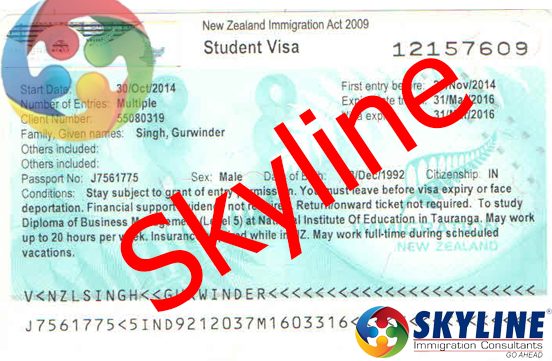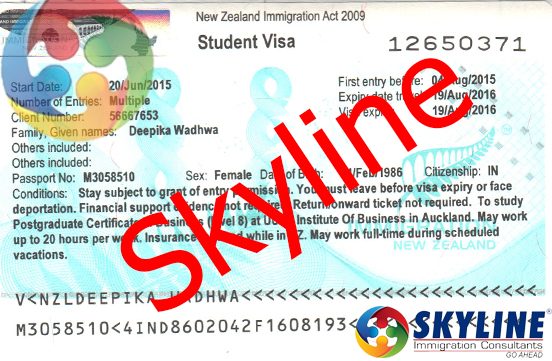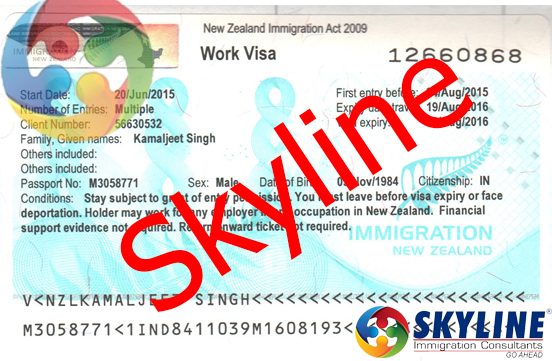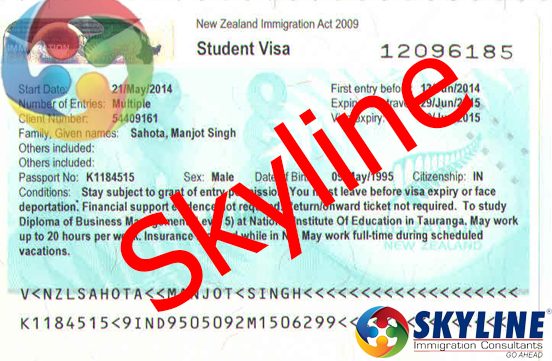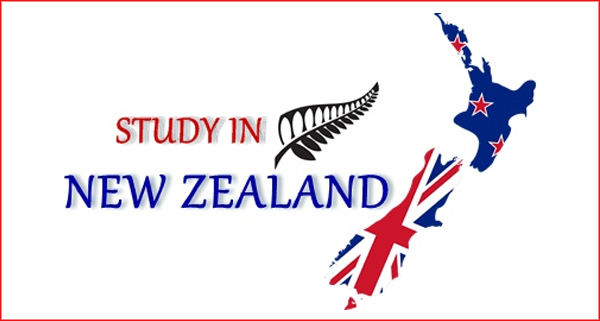About Country
- New Zealand is the youngest country on earth – the last major landmass to be discovered. It has a rich and fascinating history, reflecting both our Maori and European heritage. Amazing Maori historic sites and taonga (treasures), some dating back almost a thousand years, are a contrast to many beautiful colonial buildings.
- With vast open spaces filled with stunning rugged landscapes, gorgeous beaches, often spectacular geothermal and volcanic activity, a temperate climate and fascinating animal and plant life, and it is no surprise that New Zealand’s pure natural environment is so attractive to visitors from other countries.
- New Zealand has a unique and dynamic culture. The culture of its indigenous Maori people affects the language, the arts, and even the accents of all New Zealanders. Their place in the South Pacific, and their love of the outdoors, sport, and the arts make New Zealanders and their culture unique in the world.
Major Regions/ Cities
The region is the top tier of local government in New Zealand. There are 16 regions of New Zealand. Twelve are governed by an elected regional council, while four are governed by territorial authorities (the second tier of local government) which also perform the functions of a regional council and thus are known as unitary authorities. The Chatham Islands Council is similar to a unitary authority, but is authorised under its own enabling legislation.
Main cities:
Auckland ( the commercial and business Hub), Wellington (the capital), Dunedin, Christchurch
The climate is temperate with pleasant seasonal changes and is conducive to study and recreation
Education System
- Courses are available for academic, professional and vocational studies at universities, polytechnics and private training establishments.
- Twenty-five institutions in New Zealand are part of the polytechnic system and provide education and training in a broad range of industry and occupation-based vocational studies. Many polytechnics offer undergraduate degree programs as well.
- New Zealand has eight universities offering degree programs at undergraduate and postgraduate levels in academic and professional studies.
- All universities offer a broad range of subjects for degrees in commerce, science and the arts. Each university has also developed its own specialists subjects, such as engineering, computer studies, medicine and agriculture.
- There are also a number of private tertiary institutes and private training providers.
Admission Timings:
INTAKE:
The academic year extends from February to November with many programs having a mid year intake in July. The major holiday period is December to February.
Part-time work during studies
Students are allowed to work part-time 20 hours per week and full time during holidays while studying the course.
Work opportunities after studies
After the completion of studies, if the student gets a permanent job offer (an offer that qualifies the visa requirement) in the related field of study, he/she may apply for PR. Else, a student can stay in New Zealand there and search for a job on work permit.
English Requirement
IELTS &/or TOEFL is not mandatory requirements however it’s highly recommended for clear and timely processing of admission and visa application. Students cannot go to NZ to study an English course.
The student must have required language capability from India before enrolling in an NZ Institute.
TOEFL is not acceptable by the New Zealand High Commission. Please confirm acceptable test status at the time of making an application.
Fee Structure
For each 1 year period:
Living costs
Primary Applicant- NZ$10,000
Spouse – NZ$5,000
Children – NZ$5,000
Scholarship/ Bursaries
There are very few bursaries offered at undergraduate or postgraduate level for course work studies.
Few scholarships are primarily available for research programs.
PhD student is required to pay domestic fees which is highly affordable as compared to PhD fees in any other country.
Disclaimer:
This guidance is for students interested in studying abroad in a particular country. It is only a guide for which information is taken from various relevant websites. It aims to answer some common questions. Visitors are recommended to contact the office for most updated information.



